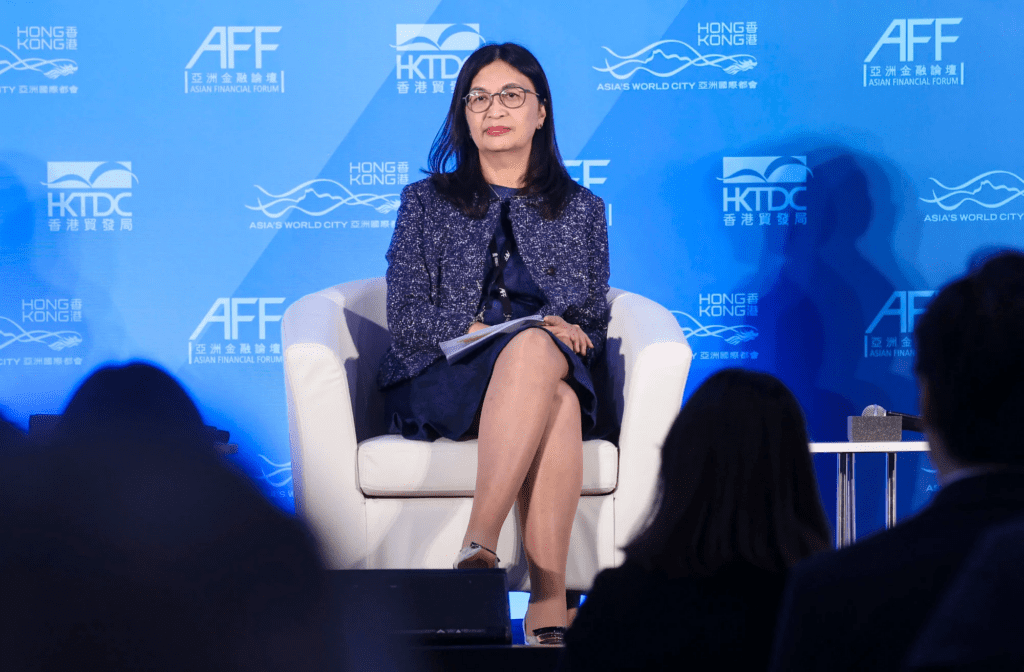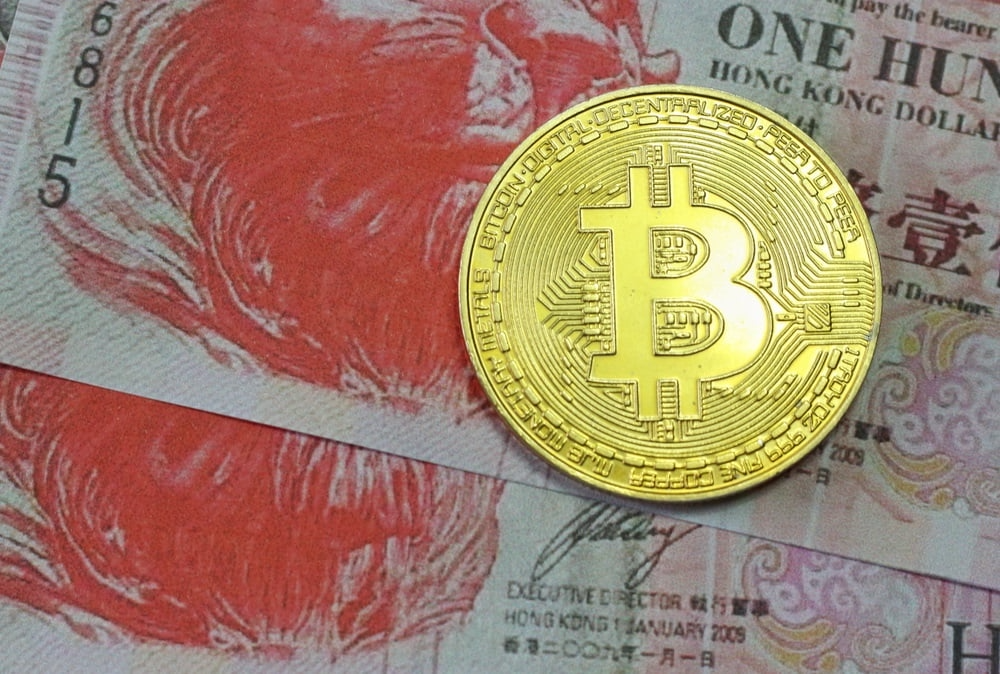Hong Kong Tightens Virtual Assets Regulations For Retail Investors After FTX Crisis
Key Points:
- SFC CEO Julia Leung said that Hong Kong retail investors would only have access to “highly liquid” virtual assets.
- The SFC will issue a consultation paper in the current quarter detailing the products and conditions for retail investors to trade in virtual assets, along with licensing requirements for virtual assets trading platforms.
Retail investors in Hong Kong would only have access to “highly liquid” virtual assets, according to the newly appointed CEO of the Securities and Futures Commission (SFC), Julia Leung.

Julia Leung stated at the Asia Financial Forum on Wednesday that the SFC will publish a consultation document in the current quarter outlining the products and conditions for retail investors to trade in virtual assets, as well as the licensing criteria for virtual assets trading platforms.
“Some virtual assets platforms have over 2,000 products, but we do not plan to allow retail investors to trade in all of them. We will set the criteria that would allow retail investors to only trade in major virtual assets.” Julia Leung said.
Leung added that only virtual assets with “deep liquidity” would be included in the list but did not specify them or give any examples. She responded that only “highly liquid” assets would be permitted for retail trading when asked if cryptocurrencies like bitcoin or ethereum might be included in the regulator’s inaugural list of virtual assets.

The modified Anti-Money Laundering and Counter-Terrorist Financing Act were approved by Hong Kong’s Legislative Council last month, placing new licensing requirements on companies that provide services for virtual assets beginning in June under the control of the SFC. These platforms will be forced to close down within nine months of the law’s implementation unless they submit an application for a license to the SFC.
The SFC CEO also mentioned the collapse of FTX, the world’s second-largest cryptocurrency exchange, before going bankrupt within a week in November, as an example of applying crypto regulations.
“If there are proper regulations in place, then the likelihood of an FTX-type collapse will not happen in Hong Kong.”

The new legislation will call for effective internal controls, risk management, and custodial agreements on virtual asset trading platforms to protect clients’ investments. Additionally, platform providers will need to take precautions against cybersecurity concerns.
Financial services companies have a chance to expand their clientele beyond professional investors or those with at least HK$8 million ($1.02 million) in bankable assets by allowing virtual assets for civilian trade. As part of a trial that began in 2019, the SFC now only permits professional investors to trade in virtual assets.
DISCLAIMER: The Information on this website is provided as general market commentary and does not constitute investment advice. We encourage you to do your own research before investing.
Join us to keep track of news: https://linktr.ee/coincu
Harold
Coincu News






















